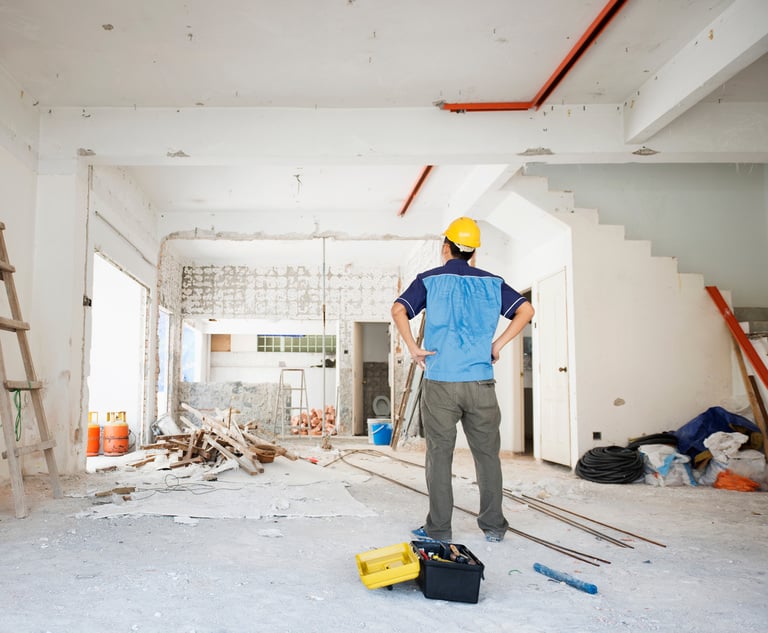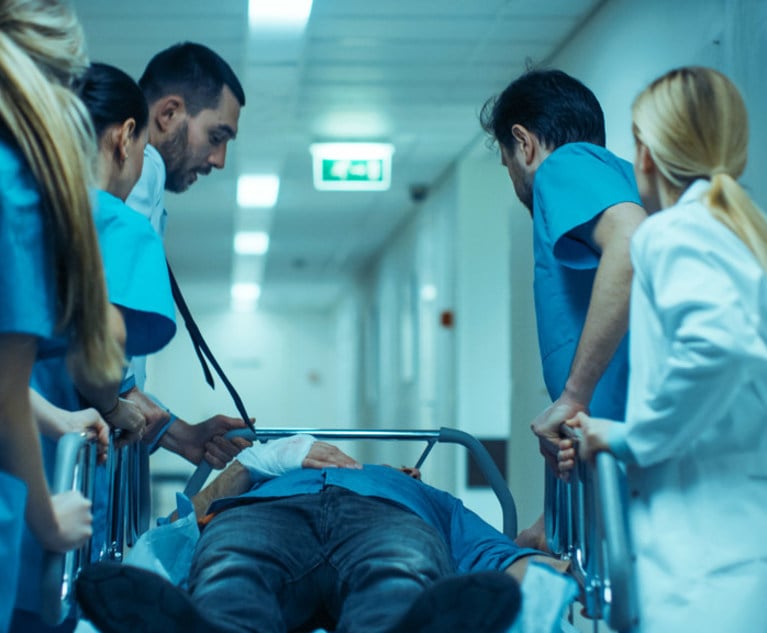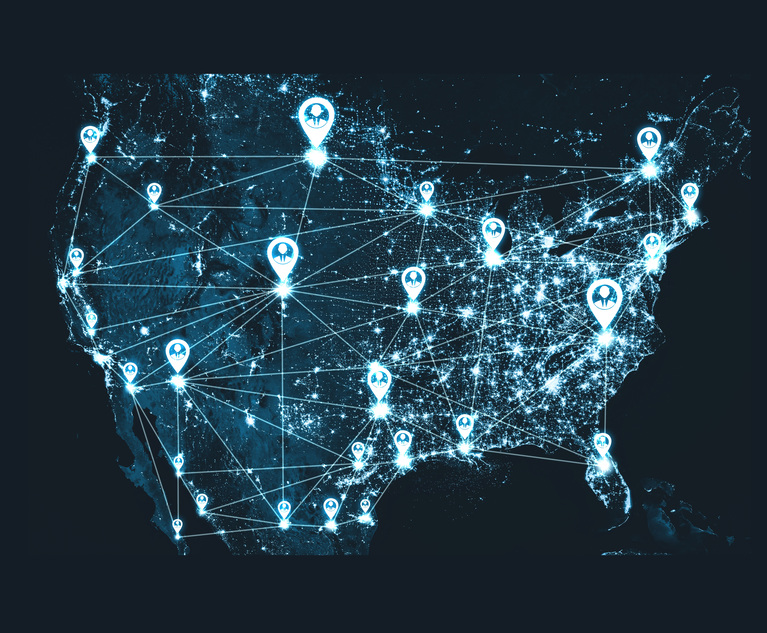A social host or bar that serves alcohol to an intoxicated guest may face civil liability if the guest later drives drunk and injures a third party. The legal framework that governs claims against hosts and dram shops varies, however, based upon where and by whom the alcohol is consumed. While one law governs negligence claims against licensed servers (e.g., bars, restaurants, and liquor stores), a separate statute regulates lawsuits brought against individuals who legally serve alcohol to others in their homes. Still yet another set of rules applies to claims against homeowners who host gatherings in which alcohol is served to minors.
One common feature in all of the above frameworks is the element of “visible intoxication.” That is, liability for social hosts and licensed servers will usually attach only if the individual who consumed alcohol (and subsequently drove drunk) was perceptibly intoxicated at the time of service. But even as to “visible intoxication,” there are differences in meaning and application. Understanding these distinctions is crucial for the prosecution or defense of a litigant’s claim.


 shutterstock.com
shutterstock.com




